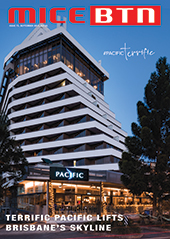Caffeine linked to hearing loss
- Health & Leisure
- Tuesday, 12 July 2016
A new study by researchers at Canada’s Institute of the McGill University Health Centre (RI-MUHC) has discovered that daily consumption of caffeine can impair recovery after temporary hearing damage.
Since both caffeine intake and noise-related hearing loss are so common in our society, these findings could have a significant impact on the general population, especially for those who regularly ingest high doses of caffeine.
Excessive noise is a serious health concern in many workplace environments, from the construction industry, to aviation, mining, and manufacturing. Concerts and other social events can also be an important source of noise, where sound levels may exceed health recommendations and can lead to hearing damage.
“When the ear is exposed to loud noise, it can suffer from a temporary hearing reduction, also called auditory temporary threshold shift,” says dr Faisal Zawawi.
“This disorder is usually reversible in the first 72 hours after exposure, but if symptoms persist, the damage could become permanent.”
Through previous work, the researchers had come to suspect that certain substances including caffeine, might impact the ear’s ability to recover. Since caffeine intake is so common, especially in environments where noise can be a health hazard, they felt this potential link was worthy of further investigation.










